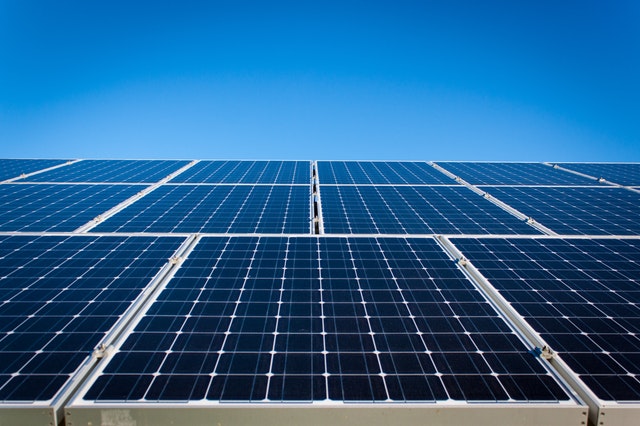 Do rooftop solar panels add value to a home, and are they cost-effective in terms of energy savings? The short answer is yes, say the experts. Although more than a million U.S. homes boasted solar panels in 2016, the percentage of solar-equipped households is still miniscule.
Do rooftop solar panels add value to a home, and are they cost-effective in terms of energy savings? The short answer is yes, say the experts. Although more than a million U.S. homes boasted solar panels in 2016, the percentage of solar-equipped households is still miniscule.
That may change, however, as domestic prices for solar installations continue to decrease and property values rise.
The Pros And Cons Of Solar
While there is global agreement on the need to encourage cost-effective, non-polluting renewable energy sources, it is also acknowledged that solar effectiveness is not equal in all locations or situations.
Several Southwestern states boast abundant sunshine, a high percentage of roofs that face in the proper direction for solar capture, and high consumption of electricity, including the the need for air conditioning. Experts predict that California could supply 74 percent of its total electrical needs if its roofs were clothed in solar panels.
On the other hand, Nevada, with a much smaller population and a different climate, only has the ability to supply 14 percent of its total need. The truth is that solar is not equally beneficial in all locations.
Solar Costs On Par With Grid Electricity
Even so, according to information provided by the Union of Concerned Scientists, more than half of U.S. states have reached or are close to the point where rooftop solar costs are on par with grid costs for electricity. In areas where utility companies offer net metering, solar producers can return excess energy for credit, which results, in the best of cases, in a monthly electricity bill that is extremely low, perhaps even zero.
Before committing to rooftop solar panels, homeowners should ask some pertinent questions. An investment in solar is still pricey, even though installation costs have dropped by about 50 percent over the past decade. With government incentives of various kinds, the total cost may dip to $10,000 or below for an average size home.
On average, the payback on that initial investment will be long-term, even though monthly savings on electrical bills can be immediate. Panel leasing is a popular option, with no initial down payment required, although the lease term may extend for 10 or even 20 years. Another option in some areas is to invest in a solar farm or cooperative.
Important Questions For Homeowners
Pertinent questions include personal motivation: Are solar panels simply a way to save money or do they demonstrate eco-consciousness and a concern for quality of life? Owners should also consider how long they plan to own a specific home before investing in rooftop panels.
Current data suggests that buyers will pay a premium for solar-equipped homes. A study by Energy Sage confirms that buyers in some states are more “pro-Solar” than other U.S. residents, but notes that the national value boost is around $15,000 for an average solar home, and higher in select locales. That equates to between $3 and $4 per kilowatt of solar power generated.
Even though the added value is not uniform throughout the country, it is obvious that rooftop solar panels are emerging as mainstream home amenities.

